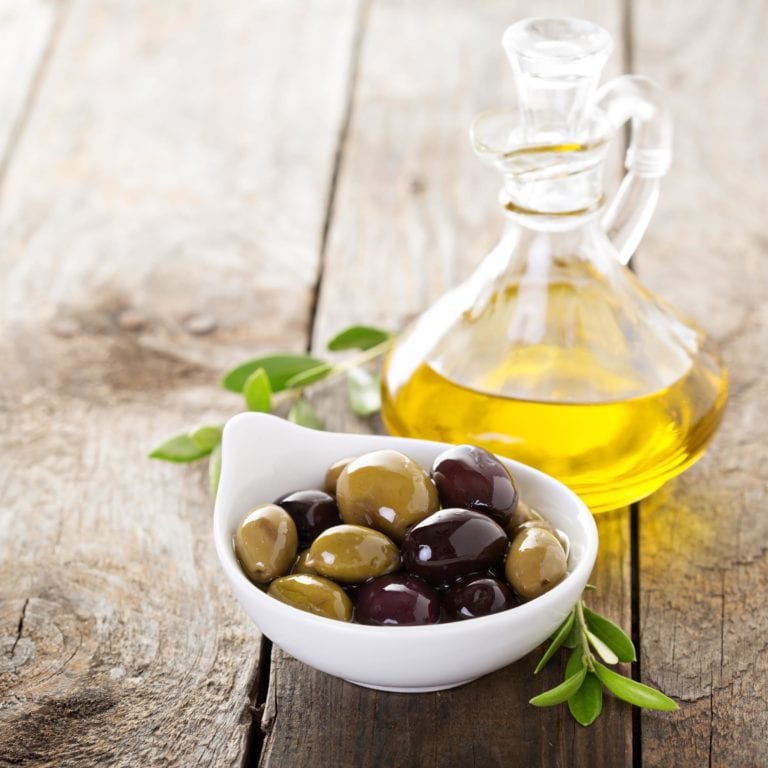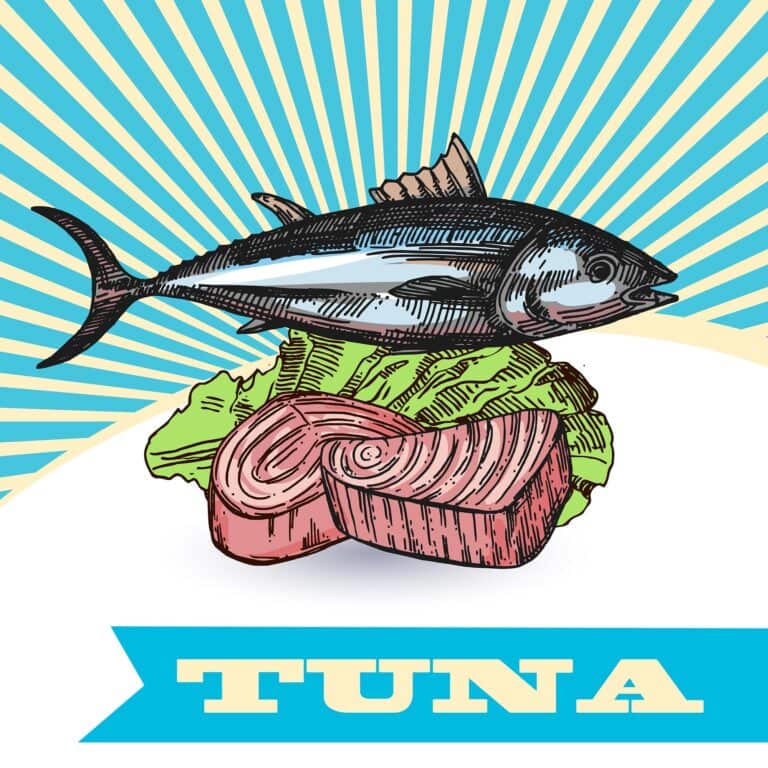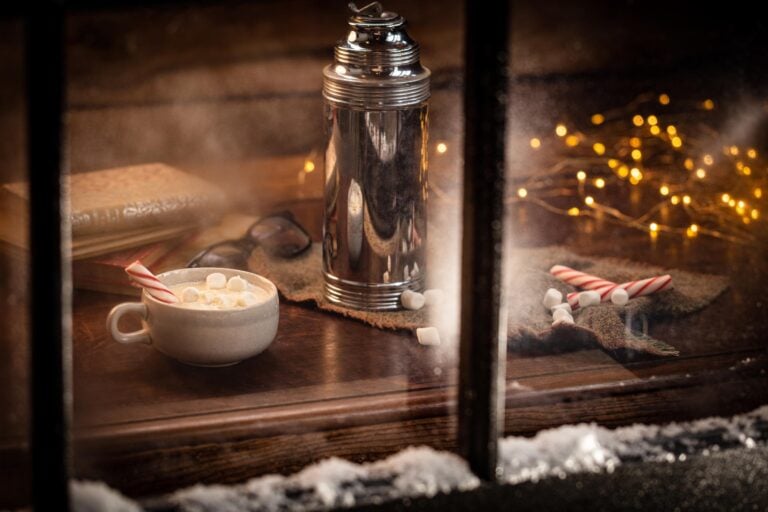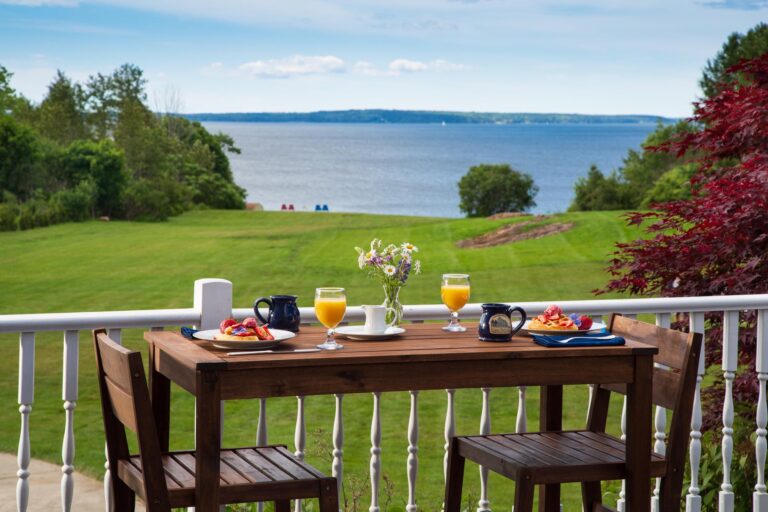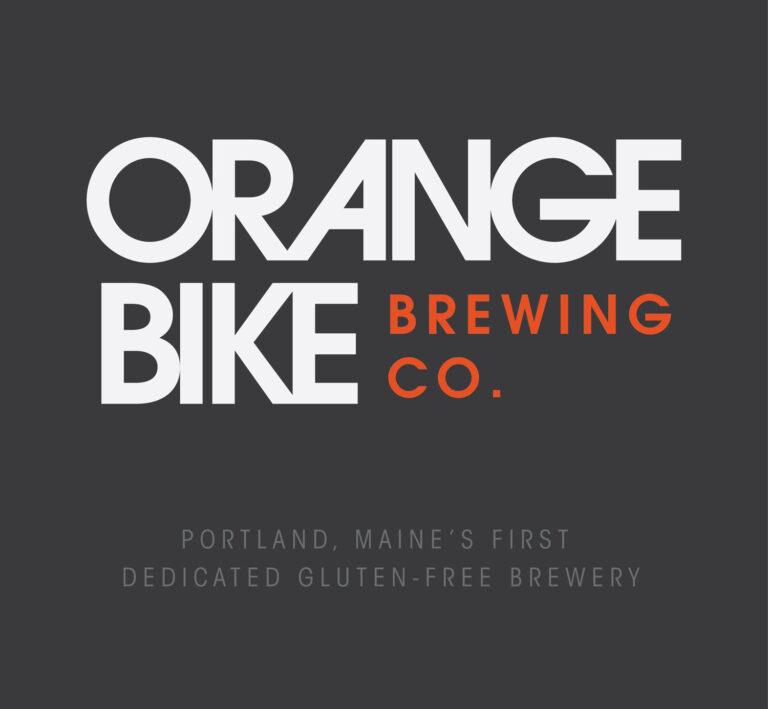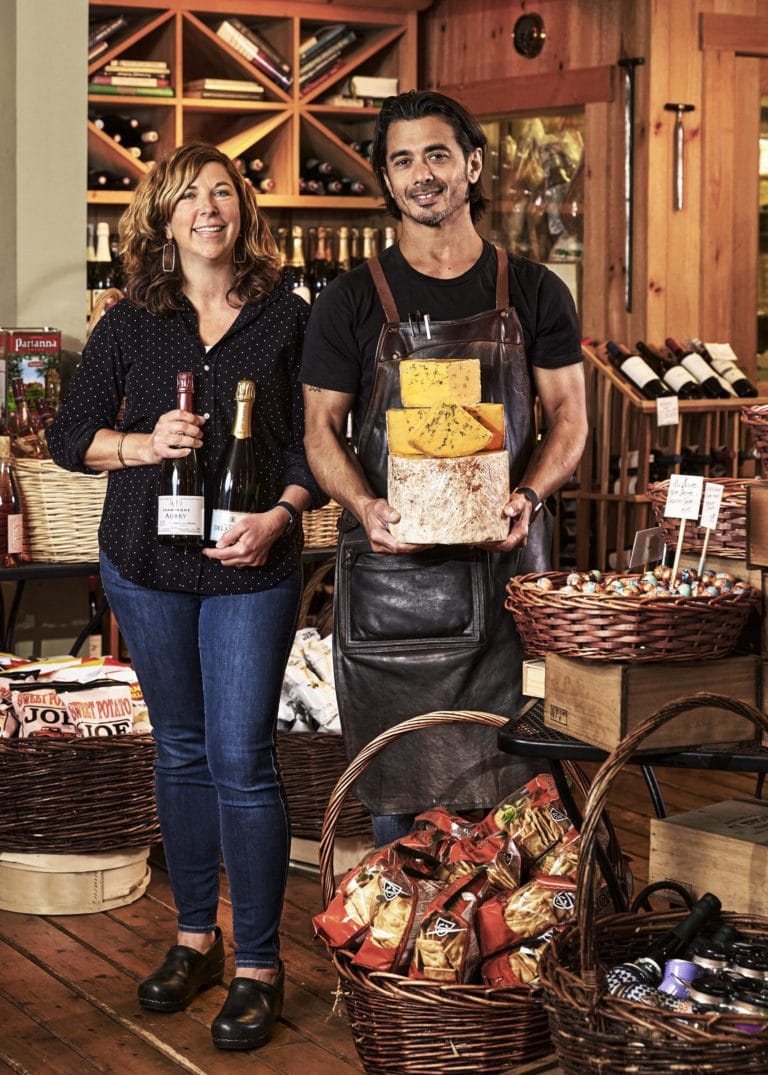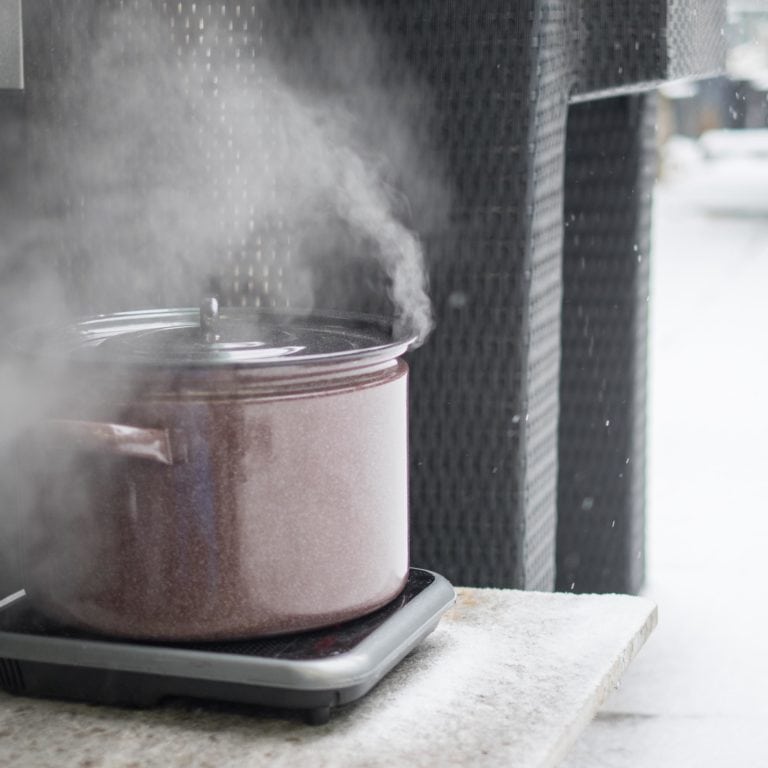The Maine Coast Fishermen’s Association (MCFA) runs a program that feeds hungry Mainers, helps secure fair and steady prices for seafood reeled in by local fishermen, and buoys working waterfront operations.
Fishermen Feeding Mainers was created in 2020 in response to COVID-19. Pandemic mitigation measures wreaked havoc on restaurants where much of Maine’s seafood is consumed, and food insecurity rose as families faced financial uncertainty and remote learning curtailed kids’ access to free school breakfast and lunch. MCFA, a small nonprofit run out of a sea-blue house on Route 1 in Brunswick, raises funds to buy seafood from the Portland Fish Exchange and donates it to hunger prevention programs across the state.
MCFA has raised over $1 million and bought over 240,000 pounds of groundfish. The fish was sent to food banks, school cafeterias, and community groups, where it was processed into 320,000 fresh and frozen meals and distributed to hungry eaters.
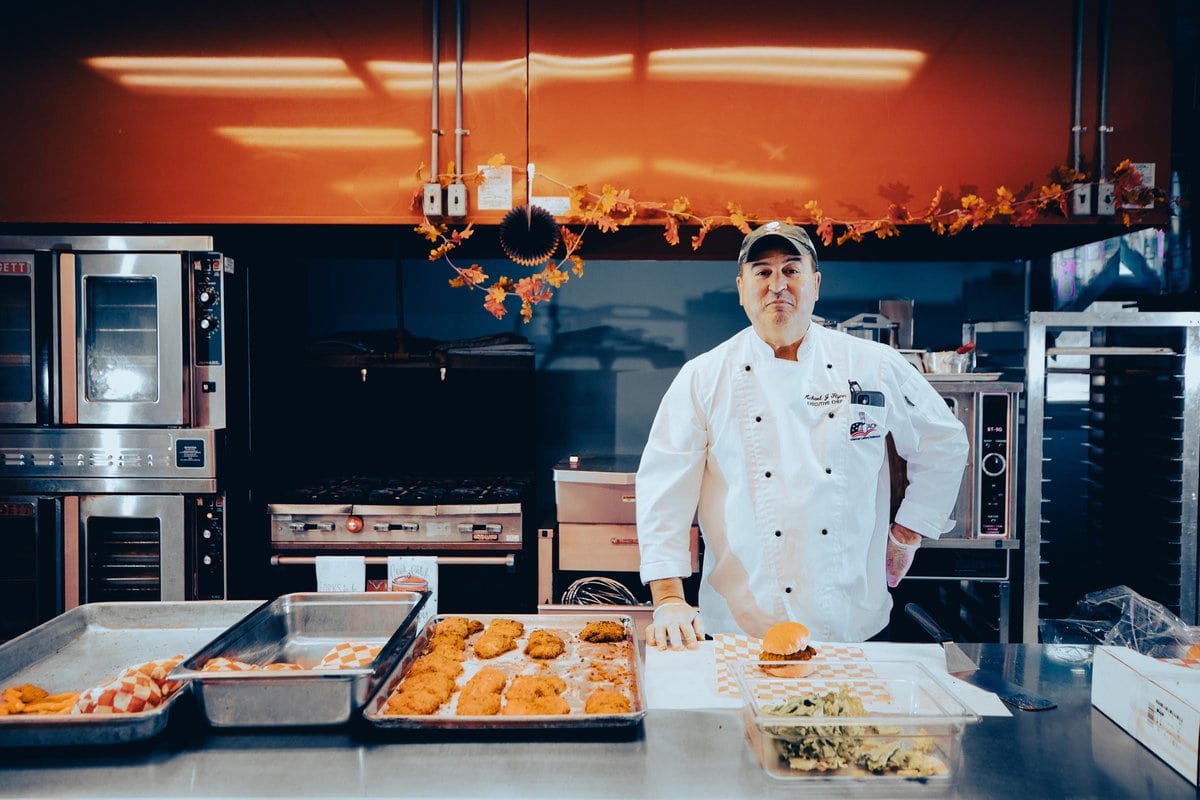
The most common species in play with this program are pollock, monkfish, and hake, although sometimes haddock and flounder make appearances. “We have seen a significant increase in prices on these species compared to 2020,” says Mary Hudson, MCFA’s director of fisheries programs. She points out that seafood markets are complex and international, with many factors contributing to fluctuations in price. The Fishermen Feeding Mainers program does not buy enough volume to impact the larger market, “but it has supported local seafood businesses, at sea and shoreside, and enabled more Maine product to stay in Maine.”
The Good Shepherd Food Bank, based in Auburn, receives most of the fish landed for this program and redistributes it to smaller food banks throughout the state. MCFA works with the state Department of Education to get fish into 50 child care sites and schools from Kittery to Farmington and Millinocket. Other recipient organizations include Presente! Maine Food Brigade, which serves the food insecure in the greater Portland and Lewiston areas (many of whom are from minority communities), and Wabanaki REACH, which supports Indigenous people of Maine.
“Feeding people shouldn’t just be about filling bellies; we also need to talk about the quality of that food,” says Ben Martens, MCFA’s executive director. “Seafood … is a great source of protein and crucial nutrients. The seafood we are donating is sustainably harvested, responsibly managed. It doesn’t use any fresh water, doesn’t have added hormones or fillers, and is carbon friendly.”
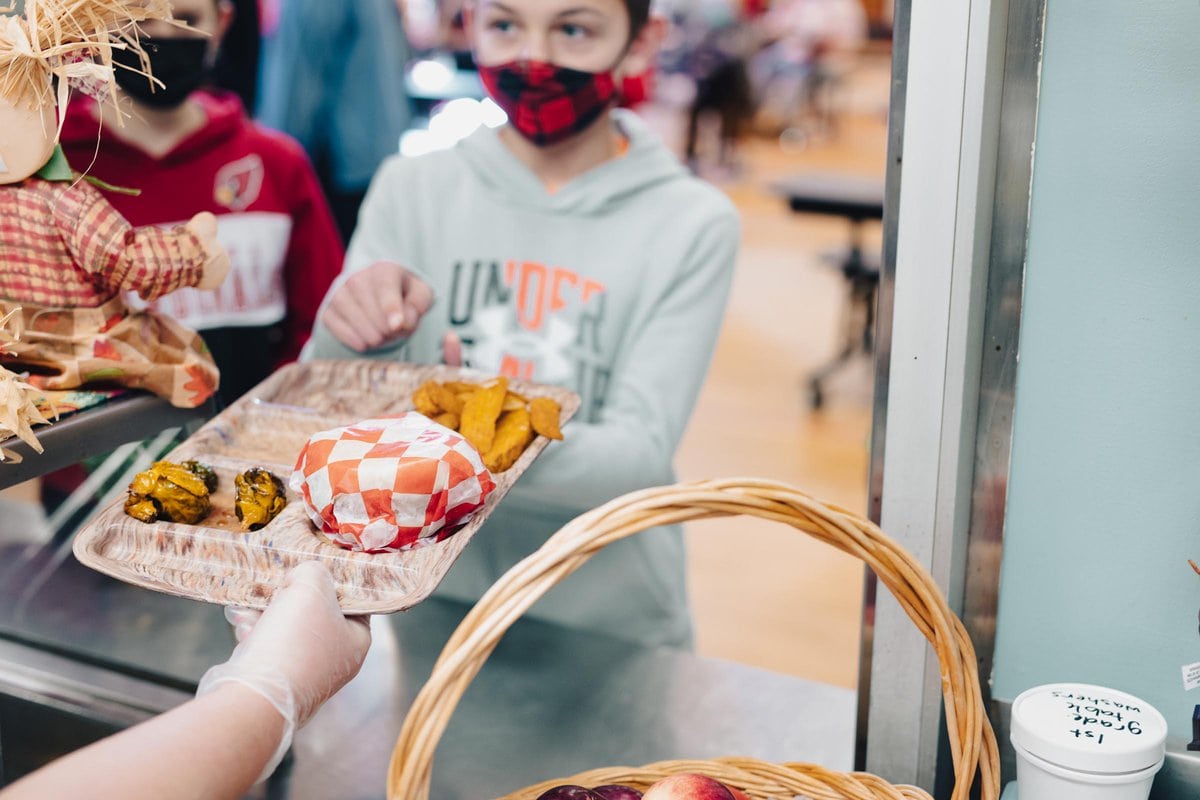
Since Maine is the most food-insecure state in New England, the meals donated through this program are only a drop in the bucket when it comes to filling Maine’s need for high-quality protein. “Currently, we have more community groups requesting seafood than we can supply because of funding constraints,” says Martens.
What can you do to help? MCFA willingly accepts financial donations to help buy more fish, of course. But you can also buy more seafood for yourself. MCFA worked with Hurricane’s Premium Soups and Chowders in Greene to develop a monkfish stew. The fishermen who landed the monkfish are paid fairly, and roughly $1 of the stew’s purchase price goes into the Fishermen Feeding Mainers fund. The stew also includes Maine potatoes, carrots, cream, and lobster stock. Find it in the freezer section at Morning Glory Natural Foods in Brunswick, and Fork Food Lab, Free Range Fish & Lobster, and Harbor Fish Market in Portland. The stew also shows up in Brunswick, where it’s served hot in bowls at the Brunswick Diner and Frontier Café. MCFA hopes to increase distribution of the stew across the state and is working with the University of Maine to create a line of seafood products like fish cakes and fish sausages that both support local fishermen and make it easier to feed hungry people in Maine.






